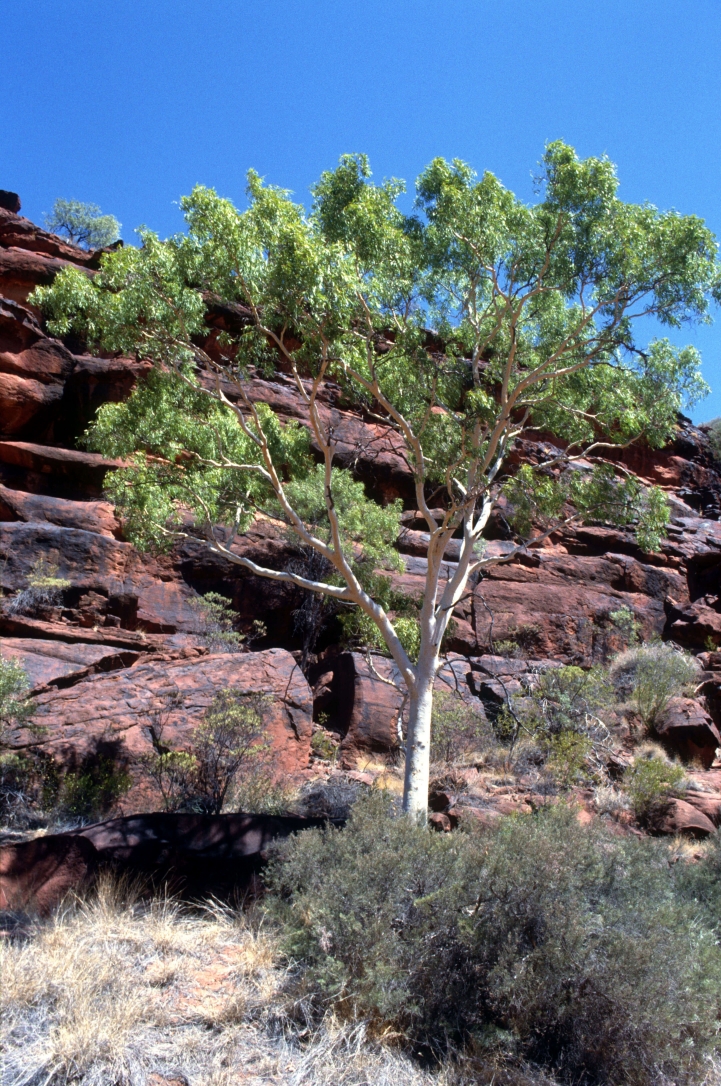The University of Adelaide and State Government today announced a $600,000 pilot program to help build South Australia’s bee populations to help protect native plants and production from orchards and crops that rely on bee pollination.
The project aims to retain and restore native vegetation that bees need to thrive, and to future-proof bee-dependent primary industries against threats to bees such as climate change and varroa mite. The varroa mite is not yet in Australia but has decimated feral honey bee populations overseas. Native bees are not affected by varroa mite.
The University and the State Government, through Primary Industries and Regions SA (PIRSA) and the Department of Environment, Water and Natural Resources (DEWNR), and are each providing $300,000.
Collaborators include the Native Vegetation Council, Lucerne Australia, Apple and Pear Growers of SA, the Almond Board, the Adelaide Mount Lofty and SA Murray Darling Basin Natural Resource Management Boards, Horticulture Innovation Australia, Trees for Life, Greening Australia and Rural Industries Research and Development Corporation.
The University of Adelaide’s Professor Andrew Lowe, Chair of Plant Conservation Biology, and Dr Katja Hogendoorn, Research Associate in the School of Agriculture, Food and Wine, are leading the research.
“Feral honey bees currently provide 60% of the pollination of these crops with the rest provided by commercial honeybees and native bees,” said Professor Lowe.
“Australia has over 2500 native bee species with several showing good potential to pollinate crops. However until now little work has been done to assess the contribution of native bees to crop pollination. We also need to act now to prevent loss of crop pollinating species.”
Minister for Agriculture, Food and Fisheries, the Hon. Leon Bignell, said the State Government recognised the importance of native vegetation and wanted to further explore the full benefit bees can bring to landholders and farmers.
“The State Government is working with the University on ways to show landholders how essential native vegetation is for the future prosperity of their operations and to secure crop pollination services,” Mr Bignell said.
“This is a win-win situation for both farmers and our ecosystems.”
Dr Hogendoorn said the productivity of crops such as lucerne, almonds, apples and cherries completely relies on bee pollinators. “But bees need a variety of food sources, also after the crop has finished flowering. We need to ensure we have the correct environment to build and maintain healthy bee populations in and around the crops,” she said.
The pilot project will include: mapping existing honeybee and native bee activity in existing areas of revegetation and native vegetation in the Central Mount Lofty Ranges (apple/pears) and the Upper South East (lucerne seed); developing a shortlist of native bees that contribute to the pollination of lucerne and apple/pear crops; and identifying local plants needed to sustain crop pollinating bees. It is hoped that the pilot project will lead to further research at a national level.
Image source: conservationbytes.com



